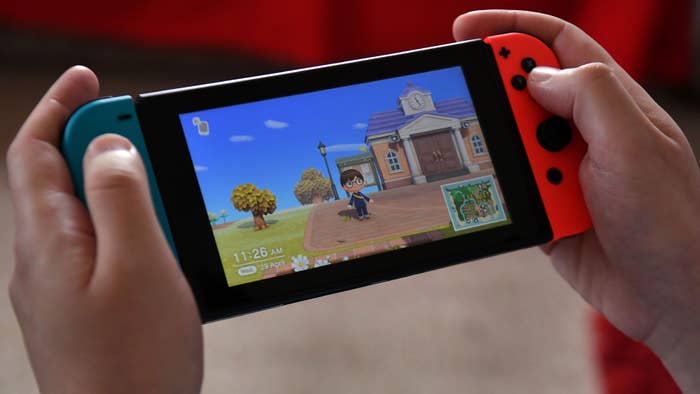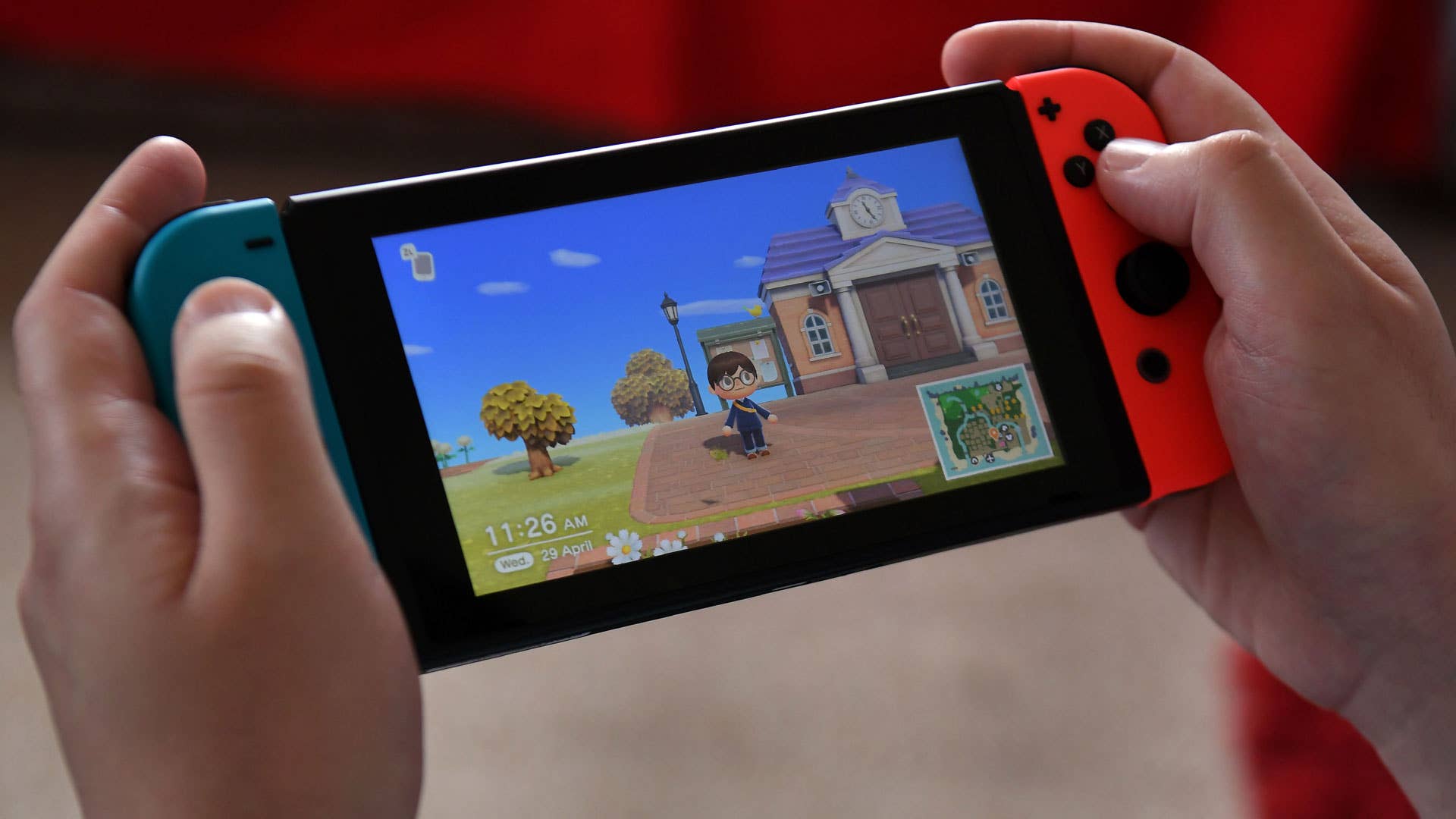
According to a study released on Monday by researchers from Oxford University, video games can be good for your mental health. The study would appear to be well-timed—seeing as how gaming sales have boomed as a result of the pandemic—and also represents an uncommon collaboration between experimenters and the gaming industry (which has been reluctant to participate with independent team with scientists in the past), at least according to the authors of the new research.
Also in the past, the inability to get accurate data from self-reporting gamers represented a hurdle for researchers. For this newest paper, the team from Oxford was able to utilize actual play-time data due to the internet connectivity of both games they used, allowing them to sync psychological questionnaires to participants over the age of 18, with records accurately reflecting how much time said gamers were spending on said games.
Speaking of those games, the two titles used were the new Animal Crossing (which, again, is very timely seeing as how the game popped off right around the time governments started implementing measures intended to reduce the spread of COVID) and also the EA shooter Plants vs. Zombies: Battle for Neighborville.
Through this process researchers learned that people who played more games reported greater "wellbeing" than those who hadn't.
Lead researcher Andrew Przybylski commented on the findings.
“This is about bringing games into the fold of psychology research that’s not a dumpster fire,” he said. “This lets us explain and understand games as a leisure activity."
“It was a quest to figure out is data collected by gaming companies vaguely useful for academic and health policy research?”
He added that, prior to beginning the project, he was surprised that gaming companies didn't have more data about players playing their games, while also indicating surprise over the little amount of information that was available on the potential negatives/positives of gaming.
According to The Guardian, Przybylski added that the new study “shows that if you play four hours a day of Animal Crossing, you’re a much happier human being, but that’s only interesting because all of the other research before this is done so badly.”
Przybylski believes that with further research "we will learn about the things that we think of as toxic in games" with evidence to back those assertions up.
As for shortcomings of this study, the research only used two games intended for all ages, and also concedes that people's mental health may be clouded by the attitude each individual gamer brings into those games.
The Oxford team hopes its study will lead to further research into gaming.
“You have really respected, important bodies, like the World Health Organization and the NHS, allocating attention and resources to something that there’s literally no good data on. And it’s shocking to me, the reputational risk that everyone’s taking, given the stakes. For them to turn around and be like, ‘hey, this thing that 95 percent of teenagers do? Yeah, that’s addictive, no, we don’t have any data,’ that makes no sense,” Przybylski added.

